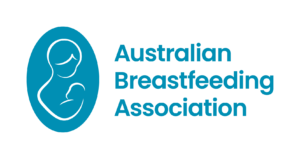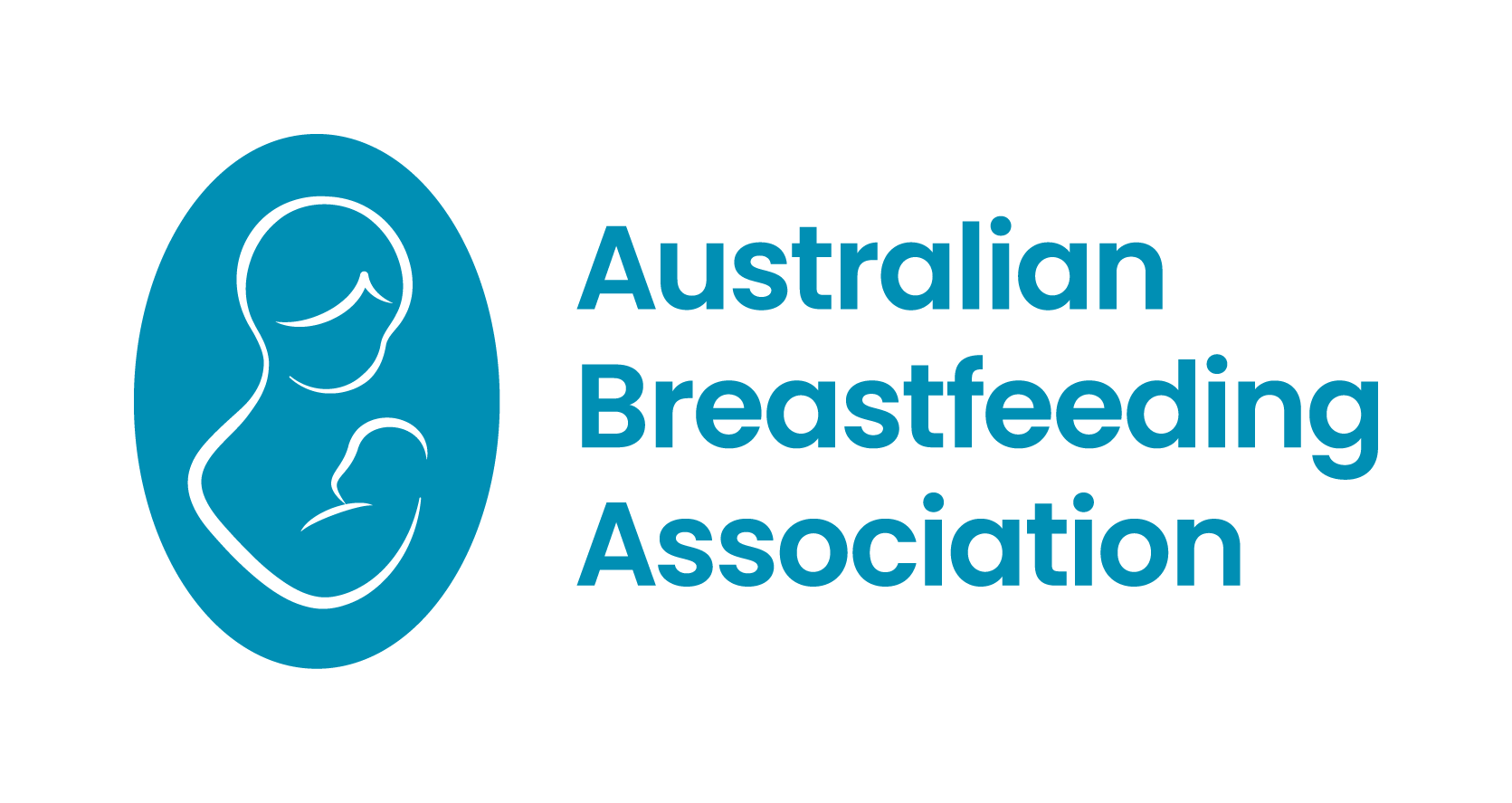Our Blog
News that is here to help
Low Supply
Low milk supply is a common reason mothers give for stopping breastfeeding. However, most mothers can produce an adequate milk supply for their babies.
ABA Professional News – May 2020
It has been a couple of months now since the launch of our new website and all its features. We hope you are finding your way around and we especially hope that you have discovered the online education modules.
Australian Bushfires Royal Commission 2020
A Royal Commission into National Natural Disaster Arrangements is being held as a review of the management of the bushfire emergency over the last summer. ABA has submitted feedback regarding planning and preparation around the care of infants and young children in emergencies.
Australian Bushfires Royal Commission 2020
A Royal Commission into National Natural Disaster Arrangements is being held as a review of the management of the bushfire emergency over the last summer. ABA has submitted feedback regarding planning and preparation around the care of infants and young children in emergencies.
Nipple Shields
Nipple shields come in different sizes. It is important for them to be fitted to suit the size of individual mothers’ nipples, otherwise milk flow can be impeded and they can cause nipple damage. Nipple shields must be put on the breast correctly to optimise milk removal and comfort. It is therefore important to observe a breastfeed when a mother begins using a nipple shield to ensure the infant is able to remove milk well and the mother’s comfort is maintained. In most cases, use of a nipple shield is temporary. Some mothers find they only need to use the nipple shield in the early days while their infant is learning to breastfeed.
ABA Professional News – April 2020
I hope you are all travelling reasonably well in this time of pandemic. It’s a brave new world of social distancing, working from home, telehealth and school at home among usual our usual roles and expectations. For some it will be a mere blip and for others extremely challenging.







